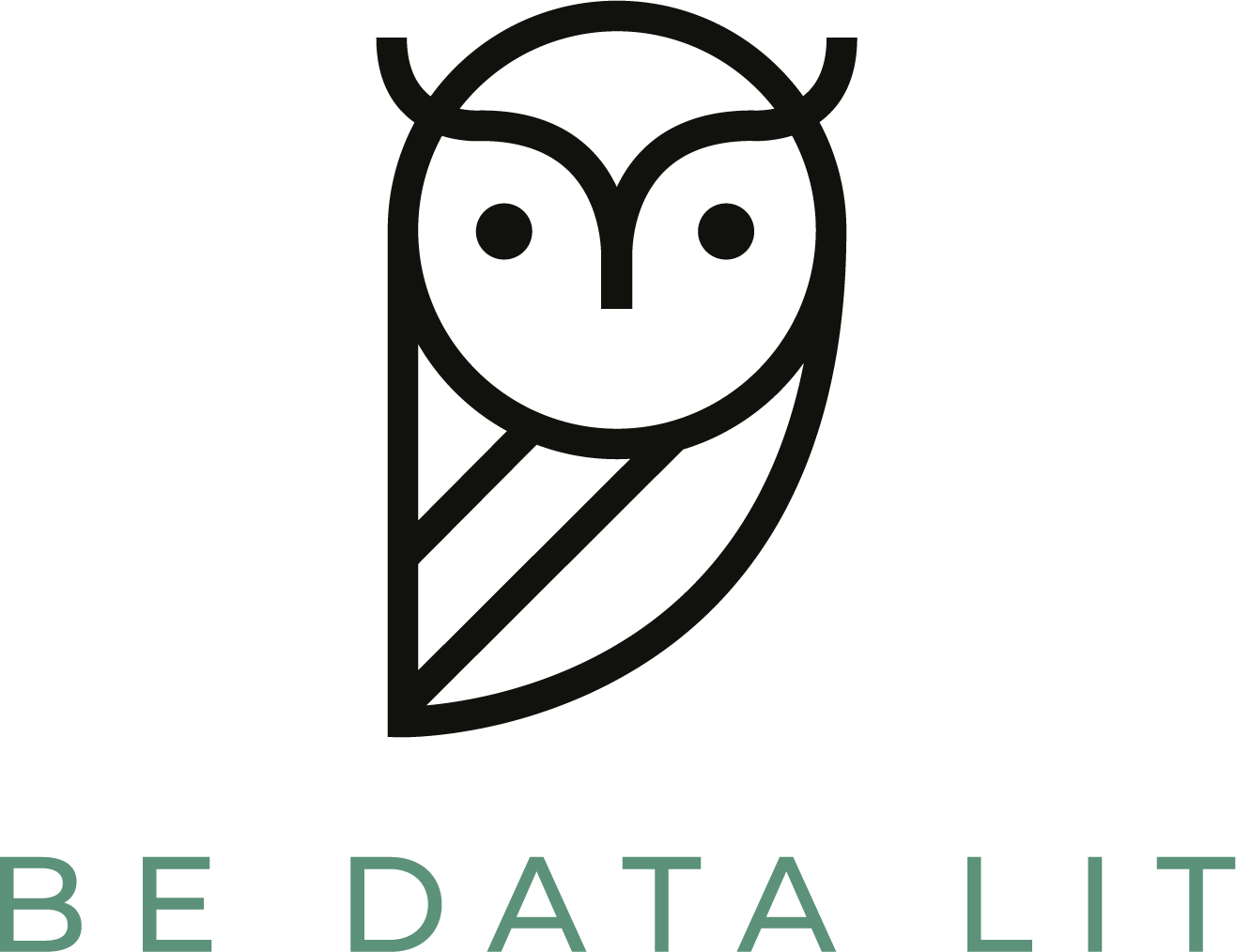How to Be a Data Literacy Advocate for Everyone
In 2020, the leisure and hospitality industry experienced an unemployment rate of 39.3%.* Only a percentage of those jobs have been recovered as of December 2020.
Data Literacy is a skills gap that impacts everyone. It aligns directly to the changes in technology and the need to align skills to those changes. Frequently we see these skills as related to organizations, which they are, but if we are to address the problem truly, we need to talk about everyone impacted. For reference, I want you to keep in mind the service industry in 2020, which was decimated. During this time, we saw record unemployment. But what are the industries people could move into, if not in the service industry? This is why it's essential to talk about reskilling, specifically with Data Literacy in mind.
40% of workers will require reskilling of six months or less and 94% of business leaders report that they expect employees to pick up new skills on
the job, a sharp uptake from 65% in 2018.
http://www3.weforum.org/docs/WEF_Future_of_Jobs_2020.pdf
To accomplish reskilling on an organizational scale, I would like to introduce you to Bloom's Taxonomy. While this document is about creating an educational framework, it's also about the struggles many people face today, specifically inadequate education. What is sufficient education? Sufficient education allows you to obtain a job that keeps a roof over your head and food on your table. Sometimes, it's as simple as that.
My chosen career ended up being data and education, both of which are the two skills we need to focus on in the coming years. The World Economic Forum posted data skills, and active learning skills will be the future skills to focus on in the coming years. Both of which align with Data Literacy.
http://www3.weforum.org/docs/WEF_Future_of_Jobs_2020.pdf
But what does all of this have to do with Bloom's Taxonomy?
If Data and Learning are going to be the direction all industries take in the next few years, we all need to become advocates for ourselves and those who need one. Currently, we have an ever-widening skills gap, which will make facing the next few years tough for many people. We already see that with the number of unemployed people due to the pandemic, many who haven't had access to education.
http://www3.weforum.org/docs/WEF_Future_of_Jobs_2020.pdf
Bloom's Taxonomy is a framework that helps you to look at the knowledge a person will need and construct learning objects to guide learning maturity. Bloom's can apply to:
Any Industry
Any Person
Any Demographic
Any Skill Level
All it needs is someone to see the person through the masses. That is hopefully you, the person reading this. If you are reading this and feel the desire to google Bloom's Taxonomy, you're going to see many articles geared toward education professionals and educators. Avoid them for now.
You are in Level One of Bloom's - Understanding. I want you to understand Bloom's, first, before reading what exists out there for education professionals. As a note, I was introduced to Bloom's later in life, about six years ago, and it was through other educational professionals, even though I was one. Many technical trainers aren't introduced to Bloom's unless they start working with curriculum developers. Enough of that, we need to generate more awareness around Bloom's so we start helping people get the education they need around Data.
Usually you'll see Bloom's in the following visual:
Source; https://cft.vanderbilt.edu/guides-sub-pages/blooms-taxonomy/
It does help, but it infers a confusing hierarchy, starting with Creating. I have built an alternative version for the average layperson starting on their education journey. You can find it here:
https://public.tableau.com/profile/snell#!/vizhome/BloomsTaxonomyforDataLiteracy/BloomsTaxonomy_1
If this is your first introduction to Bloom's, my note to you is not to see this as a set of skills with 100% attainment. If anything, it's the opposite. In future posts I'll align the skills in Bloom's to Data Literacy skills. The one thing to keep in mind is that skills maturity will be different for every person. Not everyone needs to be a Data Scientist. Some will only attain 25-50%, and that's enough and that's ok. This is why it's important to understand the person, their goals, and what jobs align to those goals.
For more information, check out the Global Initiative on Reskilling launched at the World Economic Forum's 50th Annual Meeting in January 2020.
This article's purpose is to generate awareness on your journey toward Data Literacy advocacy.
I'll talk to you soon.






